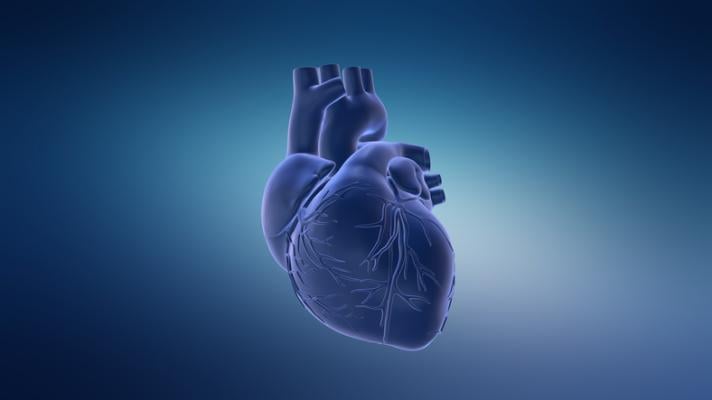
Getty Images
August 1, 2023 —LEXEO Therapeutics, a clinical-stage gene therapy company advancing adeno-associated virus (AAV)-based gene therapy candidates for genetically defined cardiovascular diseases and a genetically defined sub-group of Alzheimer’s disease, announced that the U.S. Food and Drug Administration (FDA) has cleared its Investigational New Drug (IND) application for LX2020. LX2020 is an AAVrh10-based gene therapy candidate designed to intravenously deliver a functional PKP2 gene to cardiac muscle for the treatment of Arrhythmogenic Cardiomyopathy(ACM) caused by variants in the PKP2 gene (PKP2-ACM).
“This IND clearance marks an important step in advancing a potential one-time treatment for individuals with PKP2-ACM, who are in need of more effective options for this devastating disease. Current clinical management strategies are only marginally effective and primarily focus on symptom management,” said Eric Adler, M.D., Chief Scientific Officer of LEXEO. “LX2020 seeks to address the underlying cause of this disease by delivering a functional PKP2 gene to halt progression and reverse the disease phenotype. We look forward to initiating the Phase 1/2 clinical trial and rapidly advancing the program through the clinic.”
LX2020 is designed to intravenously deliver a functional PKP2 gene to cardiac muscle to increase PKP2 protein levels in the cardiac desmosome, a cell structure critical for cell adhesion. The program is based on collaborative research led by Dr. Farah Sheikh at the University of California, San Diego School of Medicine, which utilized a genetic mouse model of PKP2-ACM that displays the disease phenotype. In preclinical studies, LX2020 treatment demonstrated restoration of desmosomal and cell-cell junction integrity, leading to improvements in cardiac tissue composition and integrity, alleviation of arrhythmias as well as improvements in right and left ventricular function resulting in increased survival.
The planned Phase 1/2 trial, HEROIC-PKP2, is a first in human, 52-week open-label, dose-escalating, multicenter trial to determine the safety and tolerability of LX2020 in adult subjects with PKP2-ACM. Preliminary efficacy measures will evaluate myocardial protein expression, biomarkers measuring cardiac structure and function, and arrhythmia burden. LX2020 will be administered as a one-time intravenous infusion to patients in two ascending-dose cohorts of three patients each, with the potential for cohort expansion. Long-term safety and efficacy will be evaluated for an additional four years following completion of the initial trial.
About PKP2 Arrhythmogenic Cardiomyopathy
PKP2-ACM is a genetic heart disease primarily characterized by myocardial cell loss and the replacement of heart muscle with fibrotic tissue and fatty deposits with a prevalence of approximately 60,000 individuals in the United States. ACM can result from variants in several desmosomal genes, with variants in the PKP2 gene accounting for a majority of cases. These genetic variants impair the structure and function of cardiac desmosomes, which are membrane protein complexes engaged in cell-to-cell adhesion, as well as the structural integrity of the ventricular myocardium. Lack of functioning cardiac desmosomes can lead to myocardial cell death and fibrosis, heart dysfunction, rhythm abnormalities, and sudden death. Currently, there are no approved treatments to slow, prevent, or reverse disease progression in patients with PKP2-ACM. Current standard-of-care treatments include antiarrhythmics, implantable cardioverter-defibrillators (ICDs), and ablation procedures, none of which address the underlying cause of myocardial dysfunction and ACM.
For more information: www.lexeotx.com


 January 15, 2026
January 15, 2026 









